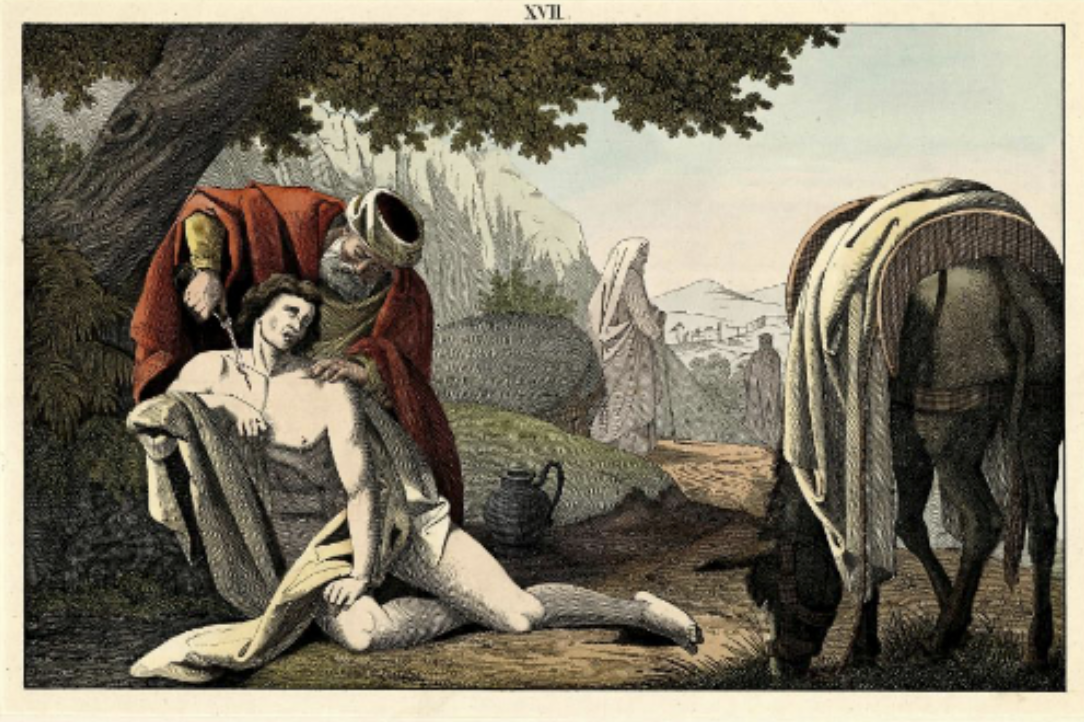Inspire 21-Day Devotional: Illuminating God's Wordਨਮੂਨਾ

WEEK 1, DAY 4: WHAT IS THE BIBLE?
Documented by Human Authors
As the prologue to his Gospel account (Luke 1:1–4) indicates, Luke did not produce his writings by means of a sudden lightning bolt strike of inspiration. Rather, through diligent research and effort, Luke set about to write his orderly account for the benefit of his patron’s faith. The Holy Spirit was superintending—to use a fancy theological term—throughout this process to be sure. But significantly, the Spirit did not diminish Luke’s unique personality and unique background, but rather cooperated with him in such a way that God’s infallible and inspired Word was expressed uniquely through Luke.
In Luke’s Gospel account, Peter’s mother-in-law did not just have a “fever,” but a “high fever.” And it wasn’t “a leper” that Jesus healed, but “a man full of leprosy.” Much like a physician today uses more precise language when discussing an illness, Luke’s medical background comes through in the way he records certain events in his Gospel account and in the Book of Acts. (In fact, Luke’s use of medical terminology corresponds precisely with what we find in the writings of Hippocrates and Galen, the best-known physicians of their time and near contemporaries of Luke.) Luke’s unique personal qualities, background, and gifting come through on every page.
Some 40 or more human authors wrote the Scriptures over a period of more than 1400 years. Yet through it all—from God’s command to Moses to “write” in the opening books of the Bible to Jesus’ directive to John to “write” in the Book of Revelation—we can be sure that what we see in the Bible is inspired, authentic, and profoundly “human.” Indeed, whether it is Luke’s literary Greek or Peter’s rough Greek (writing from a Roman prison as his execution neared, Peter did not have the luxury of working with a scribe to smooth out the language of his second letter), whether it be Paul’s profound theological discussions (some of which even Peter acknowledged “are hard to understand”) or James’ simple, in-your-face exhortations, such variety and “humanity” in the pages of the Bible—far from meaning that the Bible is filled with human errors or contradictions, as some “ignorant and unstable” teachers would like to believe (2 Peter 3:16)—is one of the remarkable features of God’s Word. But none of this should surprise us. Shouldn’t this be what we expect from the God who came to dwell with us in human flesh?

Artifact: Lithograph portraying the Parable of the Good Samaritan (19th century)
Hand-colored lithographs were popular in 19th-century publications. This one depicts the story of the Good Samaritan (Luke 10:25–37) and appeared in a two-volume set titled Biblical Pictures of the Old Testament and Biblical Pictures of the New Testament. It is thanks to Luke’s “doctorly” diligence and effort in writing an “orderly account” of Jesus’ life that we have not only the Parable of the Good Samaritan but also the Parable of the Prodigal Son, the birth narrative of John the Baptist, the story of Zacchaeus, and the account of the birth of the Church and Paul’s missionary journeys (see the Book of Acts). Luke’s background as a physician is apparent—even in the Parable of the Good Samaritan itself—in his use of medical language throughout his writing, an observation that highlights the human authorship of Scripture.
Q1. What are the main themes or ideas of the Scripture passage?
Q2. What does this devotional tell me about who God is?
Q3. How does this devotional challenge or encourage me?
Q4. What specific action can I take to live out this teaching?
Q5. Who should I share this with for encouragement or accountability?
ਪਵਿੱਤਰ ਸ਼ਾਸਤਰ
About this Plan

Welcome to this 21-day devotional journey designed to help you deepen your understanding of the Bible and grow in your faith. Over the next three weeks, we will explore the foundational questions that shape our approach to Scripture. By engaging with these questions, we hope you will not only gain a richer knowledge of the Bible but also develop a stronger sense of trust and connection to God’s Word. Each week, we will focus on one key question: What is the Bible? Can We Trust the Bible? Where Did the Bible Come From?
More
Related Plans

Everyone Should Know - Thanksgiving Special

When Heaven Touched Earth - a 7 Day Journey to Christmas

Lessons From Some Hidden Heroes in the Bible

The Mandate to Multiply.

Scriptures and Hymns to Grow Your Joy This Christmas

Hope in Creator’s Promises

OVERCOME Lust WITH TRUST

Your Prayer Has Been Heard: How God Meets Us in Seasons of Weariness and Waiting

Adversity
